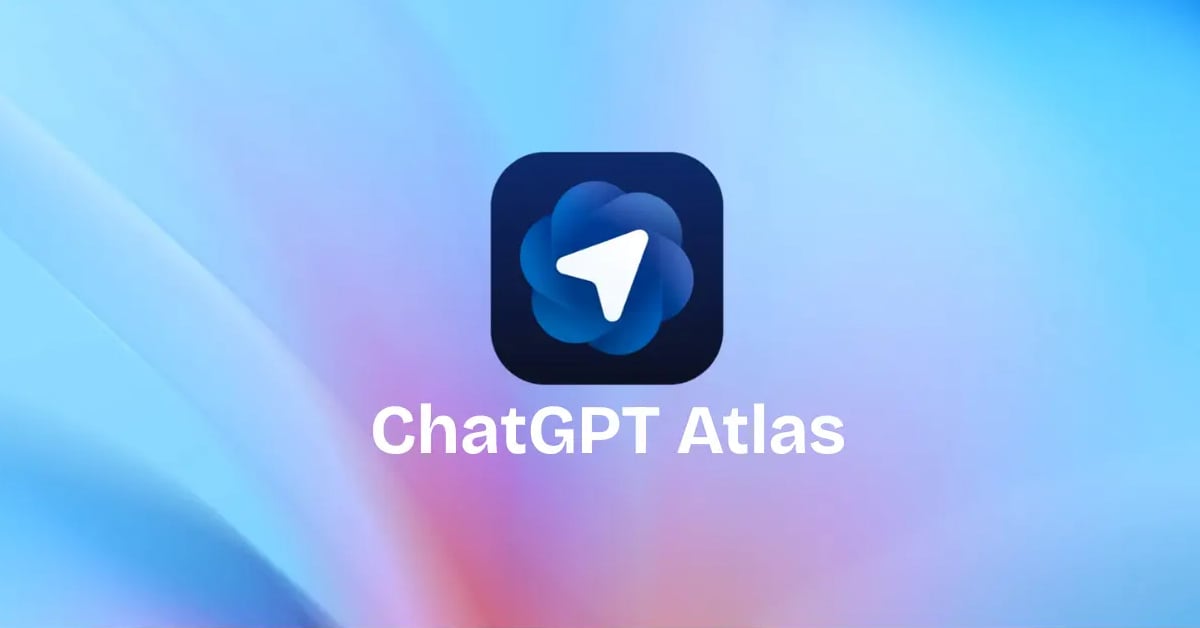ChatGPT’s new browser could make Chrome obsolete – geekspin



You are here:
The days of manually clicking through tabs, copy-pasting research, and jumping between apps might be officially over. For years, the web browser has remained a static window, but OpenAI, the company that sparked the generative AI revolution, is now aiming to make your existing browsing experience a relic of the past with the launch of ChatGPT Atlas. Described as more than just a browsing tool, Atlas fuses the power of artificial intelligence with everyday web navigation, challenging Chrome’s long-held dominance. Could this AI-driven browser mark the beginning of a new era on the internet?
OpenAI has officially launched ChatGPT Atlas, an innovative web browser powered by the intelligence of ChatGPT itself. Designed to revolutionize how people interact with the internet, Atlas represents a major leap in merging browsing with AI assistance. After integrating a search feature into ChatGPT last year, OpenAI has taken the next step by embedding its AI directly into the browsing experience.
Atlas acts as a true digital companion, capable of understanding a user’s goals, interpreting on-screen context, and performing actions without the need to switch tabs or copy and paste. With ChatGPT’s memory built right in, Atlas can reference past conversations, recall important details, and offer personalized assistance that evolves over time, turning everyday browsing into a seamless, intelligent experience. Read on to discover the groundbreaking features that set Atlas apart from traditional web browsers.
With ChatGPT Atlas, the browsing experience becomes more intuitive the longer it’s used. The browser’s memory feature allows ChatGPT to recall helpful context from the websites a user visits, making it smarter and more responsive over time. For example, users can ask ChatGPT to “find all the job postings I viewed last week and summarize the latest industry trends,” and it can instantly pull relevant information based on previous browsing activity.
Privacy and control remain at the heart of this feature. Browser memories in Atlas are completely optional, and users can decide exactly what ChatGPT can see and remember. Individual pages or entire histories can be cleared at any time, and incognito mode ensures that no data or memories are saved during private sessions. When browser memories are active, users can manage which sites ChatGPT can access using a simple toggle in the address bar—when visibility is turned off, no page content is shared, and no memories are created.
The feature also integrates seamlessly with ChatGPT’s broader memory system, allowing it to suggest context-aware actions such as generating to-do lists or continuing a product search based on recently viewed items. These memories remain private to each user’s ChatGPT account and can be reviewed, archived, or deleted at any time through the settings menu.
With Agent Mode, ChatGPT in Atlas evolves from a helpful assistant into a true digital coworker. This feature allows the AI to take action directly within the browser—researching, analyzing, automating, and even completing real-world tasks on a user’s behalf. Whether it’s planning events, booking appointments, or conducting in-depth research, Agent Mode combines ChatGPT’s intelligence with browsing context for faster, more accurate results. Currently available in preview for Plus, Pro, and Business users, this upgraded system offers smoother, more native performance within Atlas.
Imagine planning a dinner party: users can share a recipe with ChatGPT, which then finds nearby grocery stores, adds all the ingredients to an online cart, and arranges delivery—without ever leaving the page. In a professional setting, Agent Mode can review past team documents, perform competitive analysis, and compile a summary or report. Users simply ask ChatGPT to begin, and it can open tabs, click through pages, and carry out the task while keeping them informed every step of the way.
OpenAI has also prioritized safety and transparency in Agent Mode’s design. The system is built with strict boundaries—it cannot run code in the browser, download files, install extensions, or access a computer’s file system. When interacting with sensitive websites, such as financial institutions, ChatGPT pauses its actions to ensure users are actively supervising. For those who want additional privacy, Atlas allows Agent Mode to operate in logged-out mode, minimizing the risk of unauthorized actions on personal accounts.
ChatGPT Atlas is now available for Free, Plus, Pro, and Go subscribers nationwide, though currently limited to macOS users. The browser is also entering beta for Business accounts and, where permitted by plan administrators, for Enterprise and Education users. Versions for Windows, iOS, and Android are already in development and expected to roll out soon, expanding access across all major platforms.
Getting started with Atlas is simple. After downloading it from chatgpt.com/atlas, users can sign in to their ChatGPT accounts and easily import bookmarks, saved passwords, and browsing history from their current browser. This ensures a seamless transition, allowing users to continue their workflow without missing a beat.
Source: OpenAI
Copyright @2025 CIRBS LLC
Public collection title
Private collection title
Here you'll find all collections you've created before.